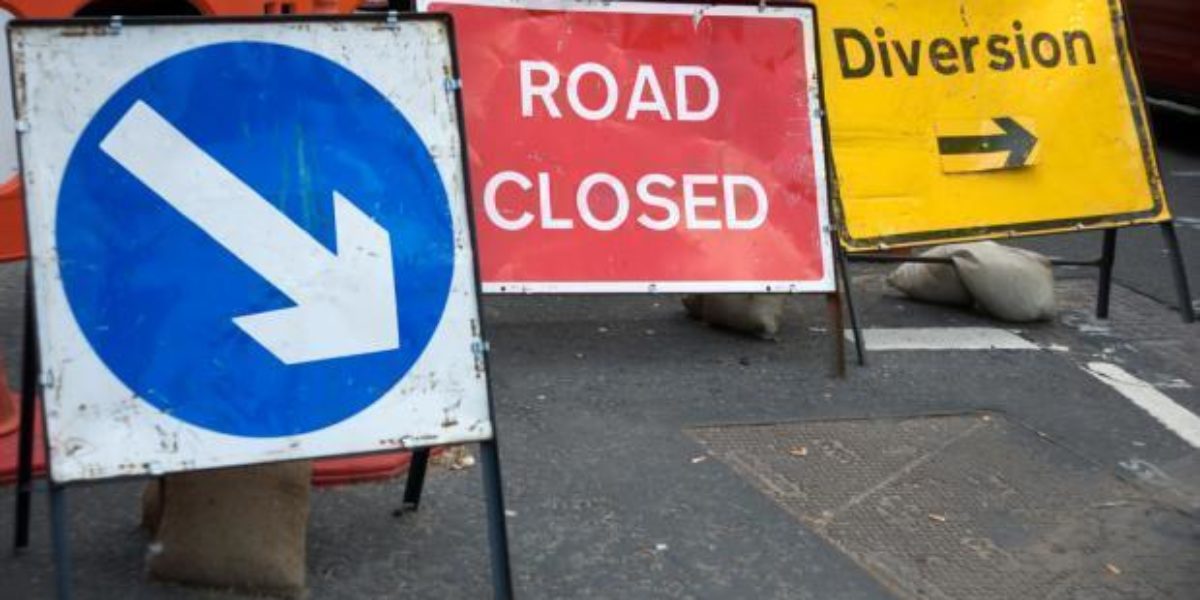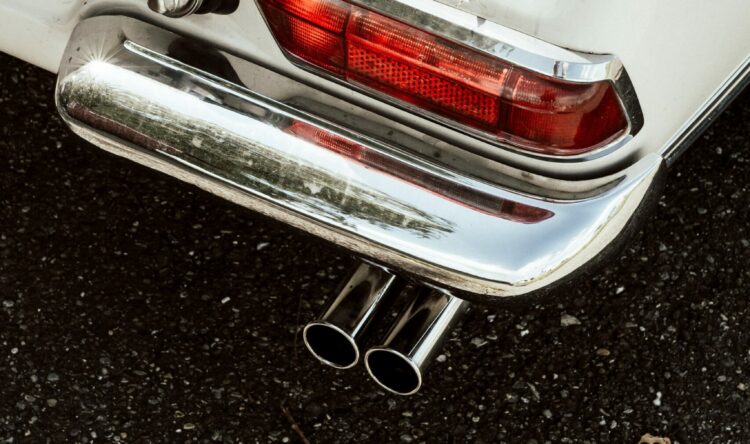Pothole ‘menace’ attacked
Government announces new powers to force better road repairs
Motorists will benefit from smoother journeys and reduced congestion.
According to the government, new measures will make a noticeable difference to our experience behind the wheel. Laws will penalise companies responsible for leaving potholes after carrying out street works.
Proper repairs
The Government is cracking down on companies who create a “plague of potholes”.
Under the plans, a new performance-based inspections regime will be introduced. The worst performing utility companies whose roadworks fail to meet strict standards will face financial penalties. They will also undergo inspections more regularly. This is to ensure their work meets rigorous criteria and that they leave roads in a good condition.
Poor road surfaces and potholes are causing increasing costs to motorists. As the ‘cost of living crisis’ bites, damage to tyres, suspension and wheel components are becoming an financial and safety issue.
A plague
“The plague of potholes is the menace of our roads,” states Grant Shapps, transport secretary. He says the moves will help “local authorities keep their highways well maintained”.
“I’ll continue working to make sure all road-users around the country can enjoy the safe, world-class infrastructure they deserve.”
The RAC believe it should force utilities companies to “raise their game”.
Nicholas Lyes, RAC head of roads policy, describes it as “frustrating at the best of times”. Utility companies too often “leave roads in a sub-standard state when the temporary traffic lights are finally removed”.
“Poorly carried out reinstatement work very often leads to road surfaces breaking down, unnecessarily causing potholes much to the annoyance of drivers.
He believes the introduction of “a performance-based inspections scheme” could be the answer. Hopefully, it will “force utilities companies to raise their game”.
Ongoing failures
Utility companies are failing 9% of the inspections that are carried out, according to the government. The worst performing utility company is failing a significant 63% of its inspections.
The move follows the government investing £5 billion between 2020 to 2025 into highways maintenance. This funding settlement is intended to allow local authorities to plan effectively for managing their roads. However, the failure in investment over the last 12 years of Conservative governments has led to major issues and is continuing to do so.
The AIA’s Annual Local Authority Road Maintenance (ALARM) report believes it will cost about £12.5bn to brings roads up to a good state of repair. What’s more, the proportion of council budgets allocated to highway maintenance continues to fall. In the last 12 months, it has fallen from 5.5% to 5.1% in England (excluding London), from 2.0% to 1.6% in London, and from 4.5% to 3.0% in Wales.
One in five local roads could need rebuilding in the next five years due to their condition. In total, this equates to nearly 37,000 miles of roads.
The ALARM survey also suggests that local roads are typically resurfaced only once every 70 years.







